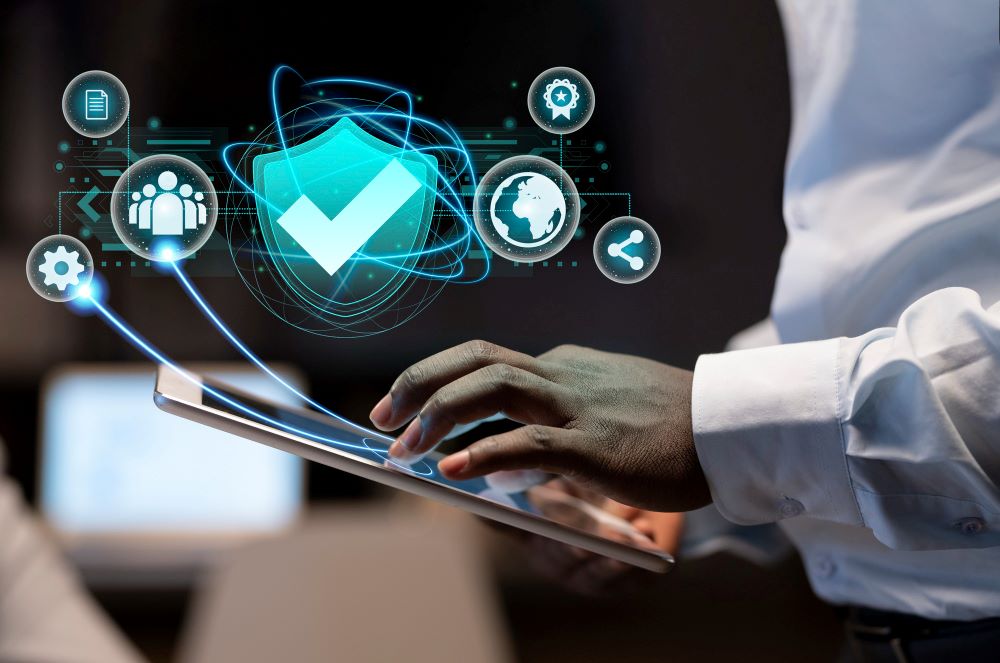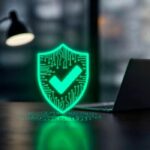If you spend much time online — whether at home, in a coffee shop, or working from somewhere unusual — you might have thought about your privacy. VPNs aren’t a new thing. But in 2025, lots of people who never thought twice about online security are finally taking them a bit more seriously.
Here’s what’s really going on with VPNs this year, why more people are using them, and what you miss out on if you skip them.
What’s a VPN Anyway?
Let’s cut through the jargon: a VPN is a “virtual private network.” It’s an app or tool that sends your internet traffic through a secure connection to a server, then forwards your browsing to its destination. That server can be anywhere in the world — or at least, anywhere your VPN provider offers.
The original reasons for VPNs were pretty technical, but now it’s mostly about privacy and security. In 2025, with so much of our personal information moving online — shopping, chatting, streaming — the bar for keeping things safe is higher than ever.
Privacy and Anonymity: More Than Just a Buzzword
Every year, companies and advertisers come up with new ways to follow what you do online. VPNs answer this by encrypting your internet traffic, making it much harder for anyone (other than you and your destination website) to see what you’re doing.
Your IP address, basically your computer’s street address online, gets swapped out for one from your VPN provider. This makes it harder for websites, advertisers, and even internet providers to track you. It also adds a layer of protection against data brokers who build detailed profiles for everything from targeted ads to pricing.
A lot of folks are wondering if privacy apps like Incogni are worth it too. (If you’re curious, you can check this out: is Incogni legit?) But a VPN is the go-to tool for anyone who wants their regular web habits to stay, well, theirs.
Using Public Wi-Fi? Here’s Why a VPN Matters
You’ve probably connected to free Wi-Fi at a cafe, airport, or hotel. It’s convenient — but risky. Hackers sometimes set up fake Wi-Fi networks, or just lurk on the real ones, hoping to intercept your emails, passwords, or credit card info.
A VPN shields you by scrambling everything you send. Anyone lurking on that Wi-Fi just sees gibberish instead of your info. Even the Wi-Fi provider can’t peek at your traffic.
Lots of people ask what’s best: privacy-focused browsers, incognito windows, or a VPN? The short answer is, private browsing mode only erases local history, not what others see about you. VPNs bring actual privacy to your internet traffic.
The Problem With Censorship — And How VPNs Help
Online freedom isn’t equal everywhere. In some places, entire websites (think social media, news, or streaming) are blocked by governments or service providers.
VPNs don’t make you invisible, but they do get around location-based blocks by routing your traffic through servers in a country where the internet is more open. For example, if you’re traveling and can’t access your usual news or messaging apps, a VPN lets you reconnect as if you’re home.
People also use VPNs to keep in touch with family, study abroad, or just browse without restrictions — especially if local rules clamp down on what you can see online.
Dealing With ISP Throttling
Have you ever noticed streaming videos suddenly getting slower, or online games lagging during evenings? That might be your internet service provider (ISP) slowing traffic when too many people are using certain sites or services. This is called throttling.
Since a VPN hides what sites you’re really visiting, it’s much harder for your ISP to selectively slow down streaming or gaming. So if you want a more consistent connection — for Netflix, YouTube, or that online meeting — a VPN often solves the problem.
The Cyber Threats Keep Coming
Cybersecurity threats don’t sound exciting until they actually happen to you. Even basic email logins or social media accounts hold personal info that’s valuable to someone else.
VPNs aren’t a magic shield, but they do add a crucial defense. If you ever work from home or use your own device at work, a VPN protects your chats, files, and credentials from being intercepted. That’s why so many workplaces require VPNs for remote workers.
The big risk these days? Phishing sites, public Wi-Fi snooping, and identity theft. Most people assume strong passwords are enough, but leaving your traffic unencrypted is basically like shouting your secrets in a crowded train.
VPNs and Remote Work: Still Important in 2025
Remote work isn’t fading any time soon. If anything, it’s more normal now to have a hybrid setup, with employees bouncing between home offices, coworking spots, and coffee shops.
Most companies stick with VPNs to keep communication secure when workers connect outside the office. VPNs help protect sensitive documents and internal software, especially when folks are handling client data or confidential plans.
Even freelancers and solo entrepreneurs use VPNs now — because clients sometimes require it, but also because it gives peace of mind about who can snoop on their ideas or business plans.

















